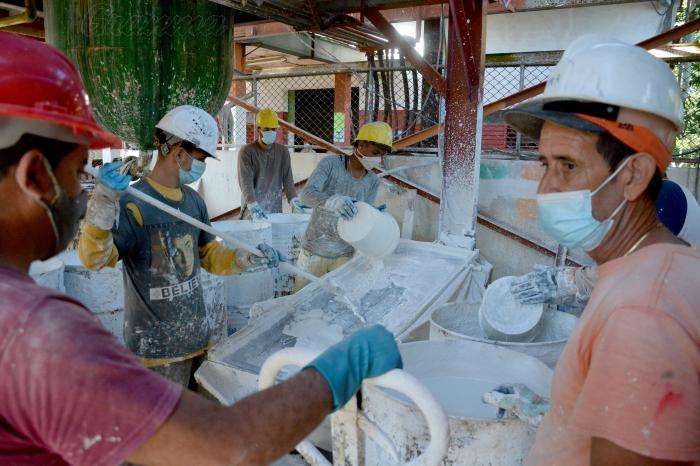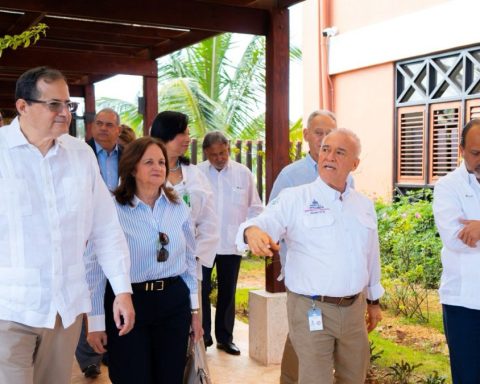The Cuban Ministry of Economy and Planning (MEP) announced this Thursday the approval of 116 new micro, small and medium enterprises (MSMEs) private, as well as four non-agricultural cooperatives.
Through its Twitter account, the agency reported that with the recent authorizations, the number of new actors in the Cuban economy has now risen to 2,985, since the government began this process in September of last year, as part of the strategy to update the economic model of the Island.
The Ministry of Economy and Planning (MEP) today approved 120 requests from economic actors, of which 116 are private MSMEs and 4 non-agricultural cooperatives.
— Ministry of Economy and Planning of Cuba (@MEP_CUBA) April 14, 2022
Of the MSMEs that have received the green light to operate so far, 2,886 are private, another 51 are state-owned, while cooperatives reached 48.
The data provided by the MEP establish that up to 56% of the total correspond to conversions of pre-existing businesses, while 44% are classified as new ventures.
The agency specifies that 109 of the new forms of management approved are part of local development projects, 35 have previously carried out export operations and 11 are incubated in the Science and Technology Park of Havana.
Experts from the governing body of the cuban economy They calculate that as a whole, these initiatives could generate 46,320 new jobs.
Cuba: private craft brewery project collides with Havana bureaucracy
The Cuban government decided to authorize the emergence of MSMEs in the midst of a deep crisis, aggravated in recent years by the COVID-19 pandemic and the US embargo. The step came a decade after the Communist Party of Cuba (PCC) began to handle the possibility of assuming new forms of management in an extremely centralized economy.
On the Caribbean island, these companies can be state-owned, private or mixed and are recognized as economic units with legal personality with their own characteristics. For now, they share the national economic scene with the socialist state company —the main one for the government—, non-agricultural cooperatives and self-employment (autonomous).
The legislation allows them to have one or more partners, to be constituted as commercial companies and to be classified depending on the number of employed persons as: micro-enterprise, whose range of employed persons is from one to 10 persons; small business, from 11 to 35; and medium-sized company, from 36 to 100 people.
The authorizations to create Mipymes and cooperatives include activities related to accommodation, beauty services, food production, manufacturing, information technology, logistics and transportation activities, among others. However, there is no possibility of access to strategic spheres for the State such as health, telecommunications, defense or the press.

















